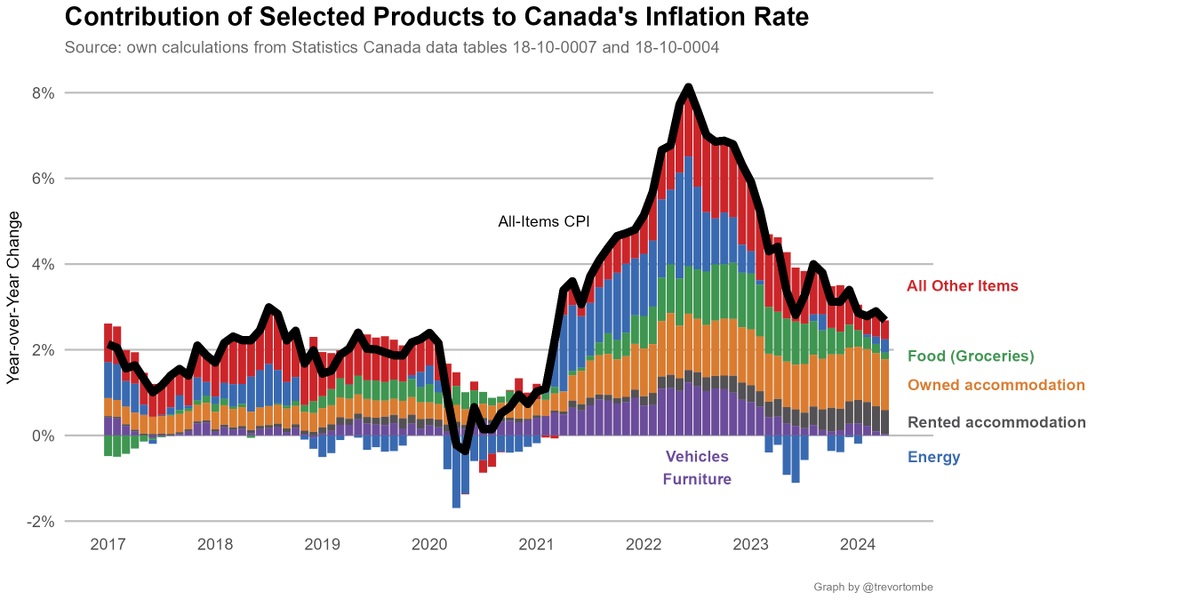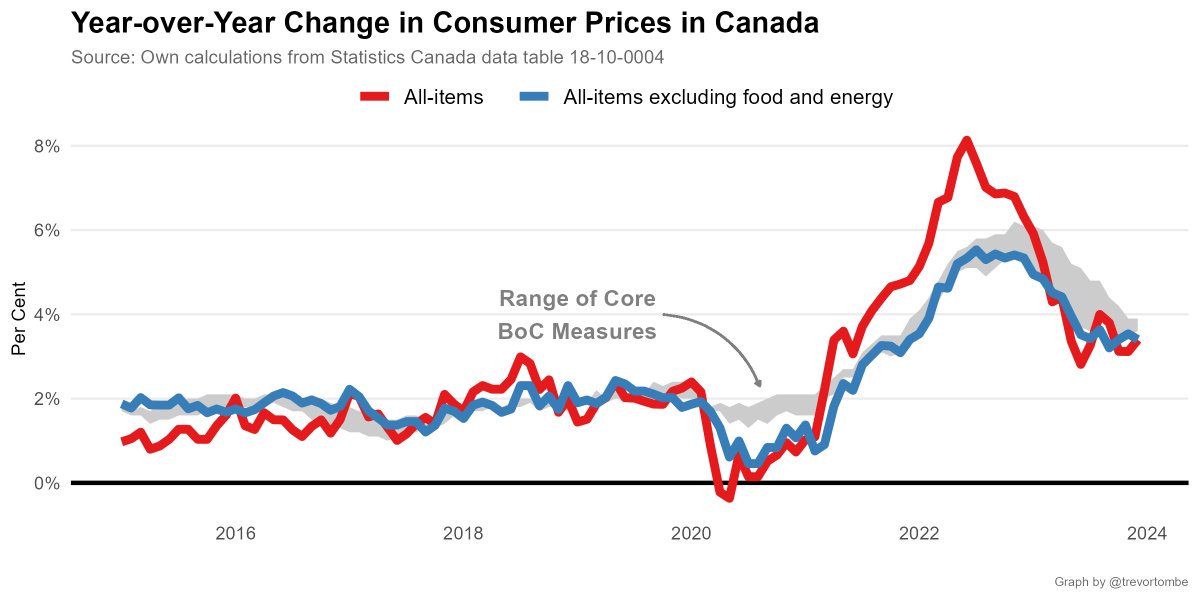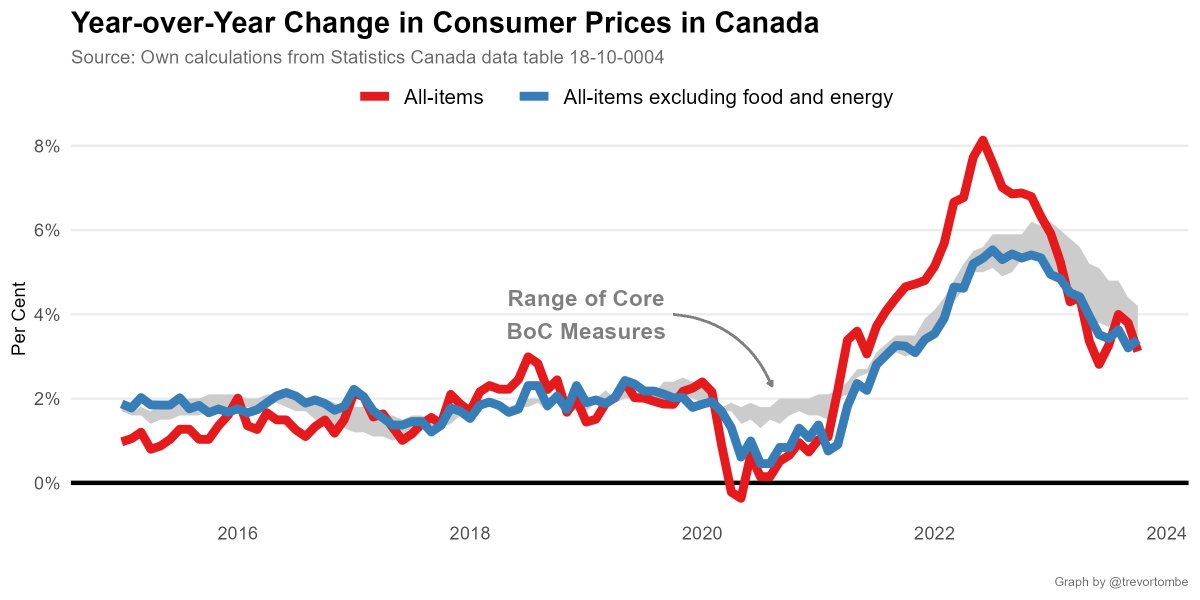It's tough to know for sure what the largest tax increase in Alberta history was, but it was not the carbon tax. 🧵🤓 #ableg
https://twitter.com/Alberta_UCP/status/1492162080337588229
First, some context. In Budget 2018 the carbon tax (just the retail levy, since I presume the UCP was not referring to the large-emitter carbon tax, which they support) was projected to be $1.5 billion by 2020/21.
That's approximately 0.4 percent of GDP. In 2017/18, it was 0.3.
That's approximately 0.4 percent of GDP. In 2017/18, it was 0.3.

I initially thought the largest tax increase would have been found back in Budget 1936 when we brought in a sales tax! That was two percent. Today that would be about 0.6 percent of GDP, so ... larger than than the CTax.
This budget contained *a lot* of tax increases (and new taxes!). The largest was personal income tax increases. (They did income taxes differently at the time, so don't worry about what those rates mean.)
This was 0.6 percent of GDP! Today equivalent to ~$2 billion.
This was 0.6 percent of GDP! Today equivalent to ~$2 billion.

Not only is that larger than the CTax, it was implemented right away! The CTax was phased in gradually over time. That's important, since it was really just a sequence of multiple tax increases.
Speaking of multiple tax increases, Budget 1987 kept going! Liquor and tobacco taxes went up. That was 0.3 percent of GDP. Nearly $1b equivalent today. 

And what's this... a new tax: a gas tax! Five cents! 🚗That was 0.4 percent of GDP -- today equivalent to ~$1.3 billion.
Also, 5c/L is roughly the same as $23/tonne carbon tax :)
Also, 5c/L is roughly the same as $23/tonne carbon tax :)

There were more changes to fees, fines, higher taxes on insurance companies, a new tax on hotels, and more! All together, it was nearly 2 percent of GDP (ish). Today that would be something like a $7 billion increase! In a single budget.
So, yeah, the CTax was not the largest tax increase.
Also, we can't forget the rebates!! The carbon tax setup was an increase in costs for some and a decrease for others! Roughly 40 percent of families had rebates > CTax costs. policyschool.ca/wp-content/upl…
Also, we can't forget the rebates!! The carbon tax setup was an increase in costs for some and a decrease for others! Roughly 40 percent of families had rebates > CTax costs. policyschool.ca/wp-content/upl…

So what really was the largest tax increase in Alberta history? I don't know. But I know what it wasn't, and now you do too! 🤓🥳
• • •
Missing some Tweet in this thread? You can try to
force a refresh




















